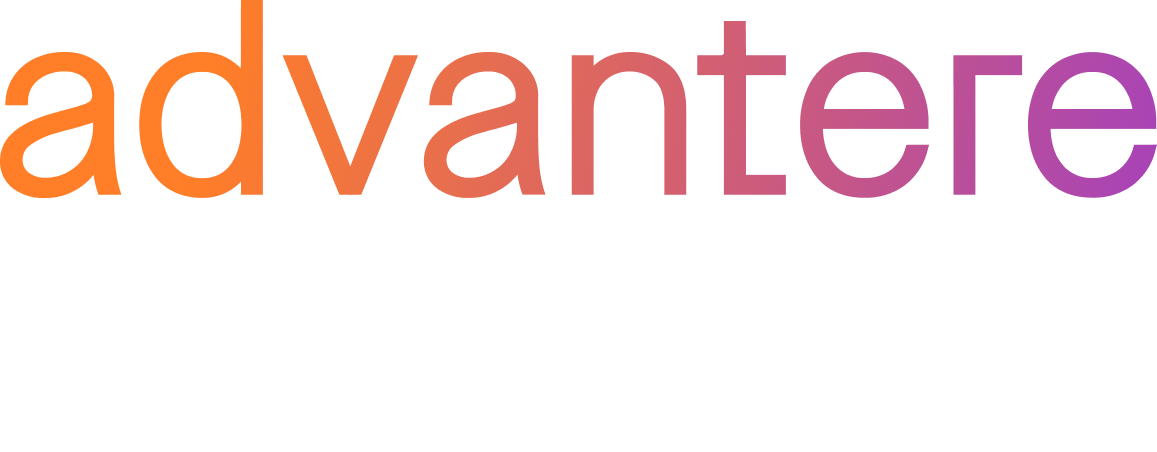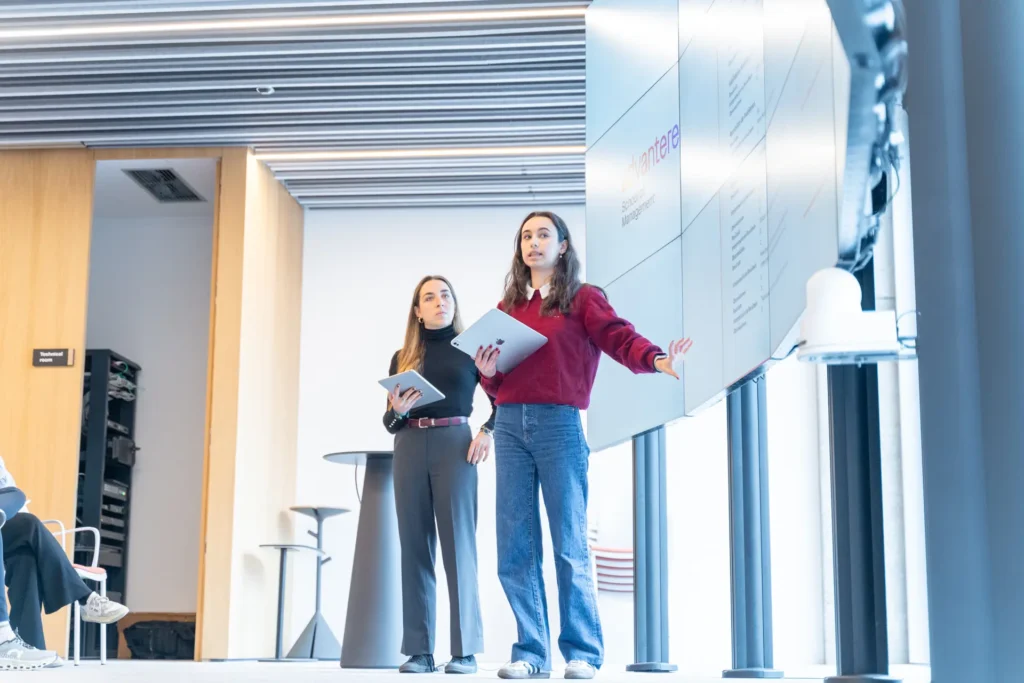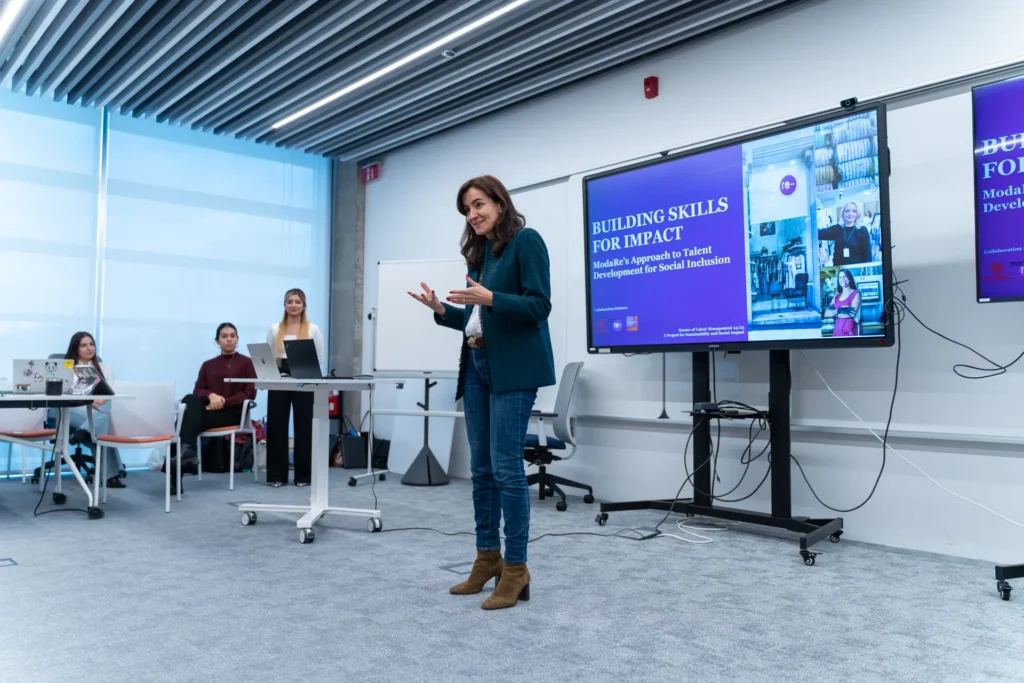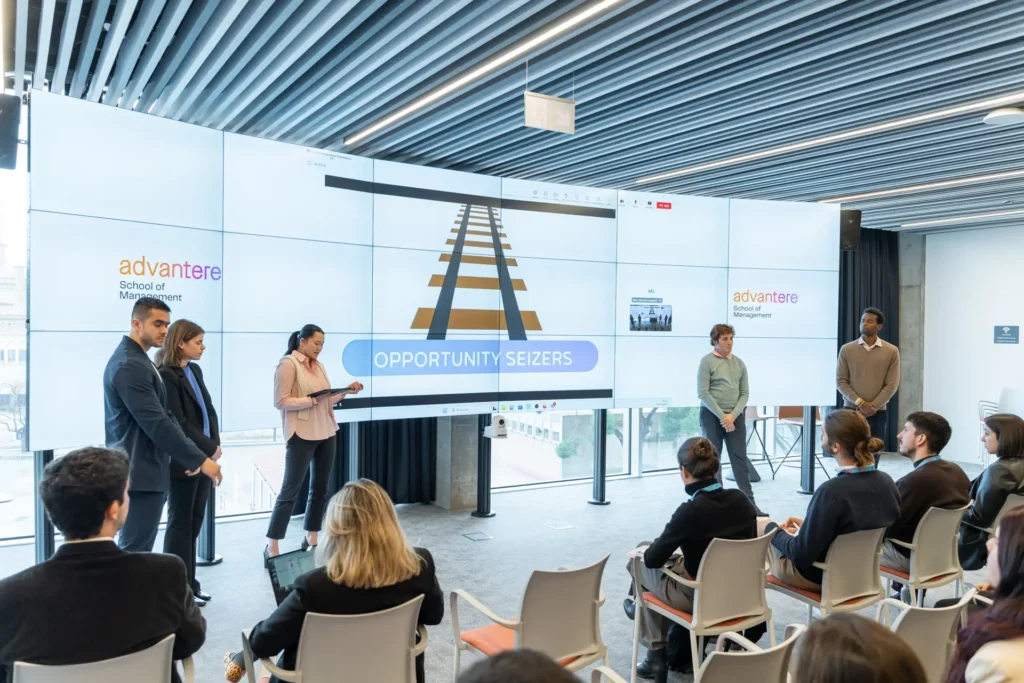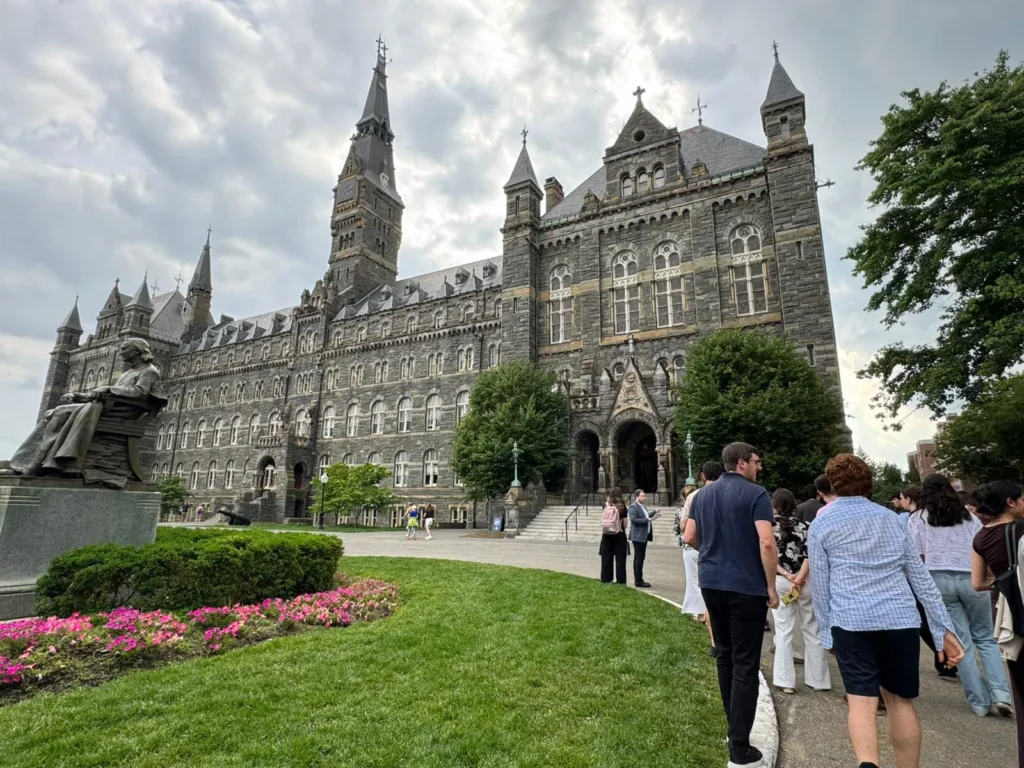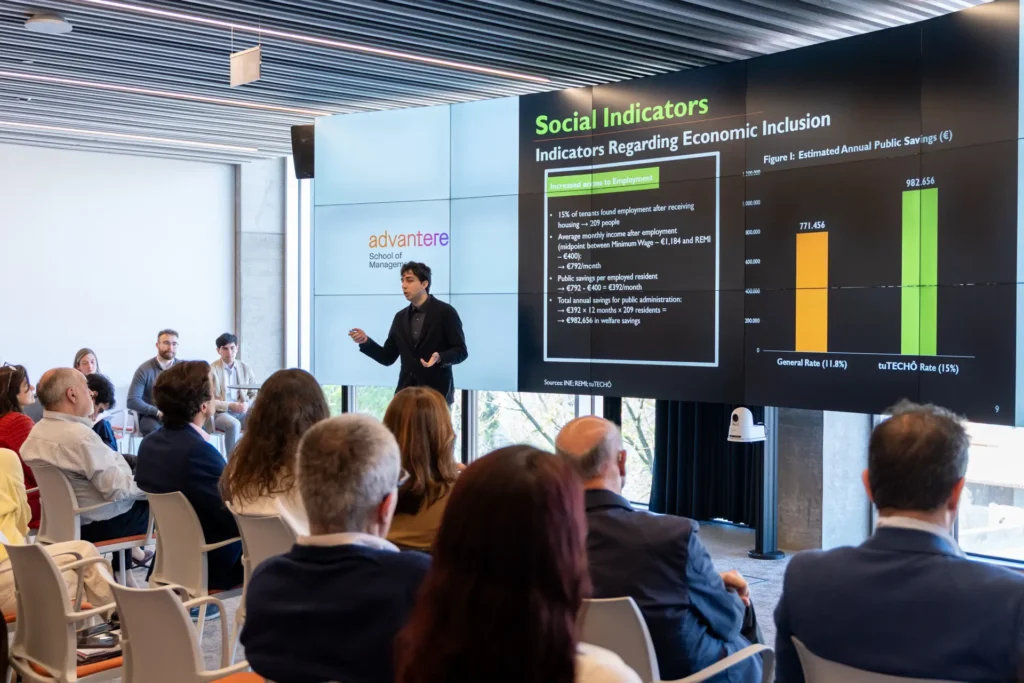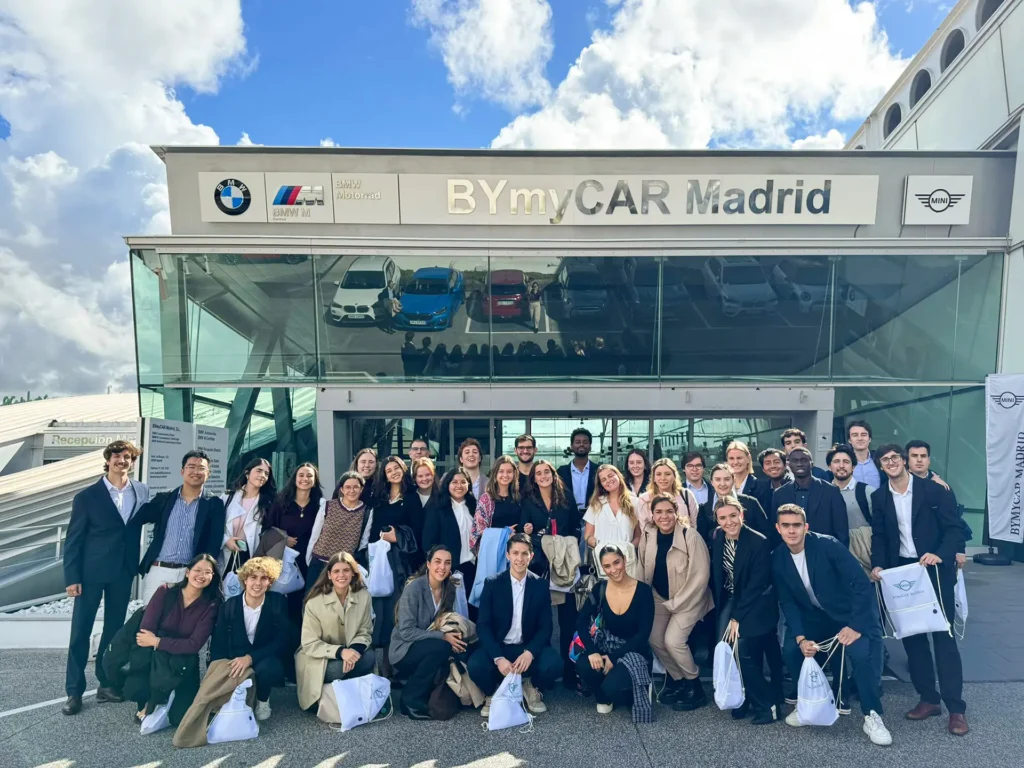Every new generation contemplates its future with the same set of questions. What would I like to do when I grow up? Will I inherit my parents’ profession or job? Or, conversely, will I choose a career entirely different from theirs?
There are even more complex doubts: What am I truly good at? What are my strengths? What is my passion? How relevant will my passion and talent be in the new future of work?
On a third level, questions about career opportunities or the possibility of practicing the chosen profession in a different location arise. Emigrating in search of a better future adds the challenge of learning the values and rules of the host society.
A Window to the Future
In all cases, work is a window to the future. It provides individuals an income to cover expenses and save some of their earnings. However, work offers more than just a paycheck. It also facilitates socialization: meeting people with different thoughts, backgrounds, and education levels. Additionally, work enables continuous personal development through learning. At work, individuals acquire and integrate new knowledge and skills.
Major Megatrends Shaping the Future of Work
Three major megatrends loom over the future of work:
Disruptive Technologies in the Future of Work
The first trend is the rise of disruptive technologies, such as artificial intelligence, machine learning, robotics, and human-machine collaborations. Machines learn faster than humans, performing actions more quickly and with fewer errors. Virtual work will evolve and integrate new models of artificial intelligence. Workers must continually acquire new knowledge, skills, and competencies while letting go of outdated ones.
Geostrategic and Political Factors Affecting Work
Polarizing forces from globalization and regionalization will also impact the future of work. Jobs are becoming networks composed of individual nodes, where each node is a worker, and their location is becoming less significant. Simultaneously, forces like political polarization, rising nationalism, hatred of difference, and fear of change create uncertainty and can affect work patterns by isolating nations, regions, communities, and individuals.
The Impact of Rapid Change on the Workforce
In the past, market-dominating companies could benefit from their position for extended periods. Today, that position is no longer permanent, leading to a constant demand for creativity and innovation. In a volatile, uncertain, complex, and ambiguous (VUCA) world, changes driven by innovation, climate change, social media, information overload, and digital connectivity occur faster than ever.

Changing Objectives and Performance Evaluation
Traditionally, most organizations operated with a profit-oriented approach as the primary (and sometimes sole) measure of performance. Organizational structures were hierarchical, leaders were predominantly men, and power was synonymous with control, accompanied by inequality and inequity. Innovation goals focused on increasing efficiency and speeding up the time-to-market for new products and services to meet consumer needs.
This order has now been disrupted:
- Profit is no longer the sole business objective.
- Stakeholders have opinions about companies.
- Companies have flattened their command structures.
- Women are gradually assuming leadership roles.
- Organizations have transitioned from a traditional linear approach to a circular and virtual model.
Building Personal and Social Connections for Future Work
Workers and leaders must learn to build personal relationships in fluid environments that can be digital or face-to-face. They must also generate trust between the company, teams, and stakeholders, align values, and develop the ability to connect globally and culturally diverse workgroups.
Individuals and organizations must leverage their strengths (including capabilities, knowledge, experiences, and soft skills like imagination and intuition) to bridge the gap between external and internal company dynamics.
The future of work is a shared journey. Each individual, team, or organization needs help to navigate it. People must learn specific skills to collaborate, connect, communicate, and create in partnership with others, within teams, and across borderless workgroups.
If you’re looking for an official master’s degree in Madrid with an international perspective, explore our programs in International Management, Finance, and Talent Management (HR) today and start shaping your future with Advantere.
This article was written by Pedro César Martínez Morán, Director of the Master in Talent Management (HR) at Advantere, and Simon Dolan, Professor at Advantere. It was originally published in Spanish in The Conversation.
